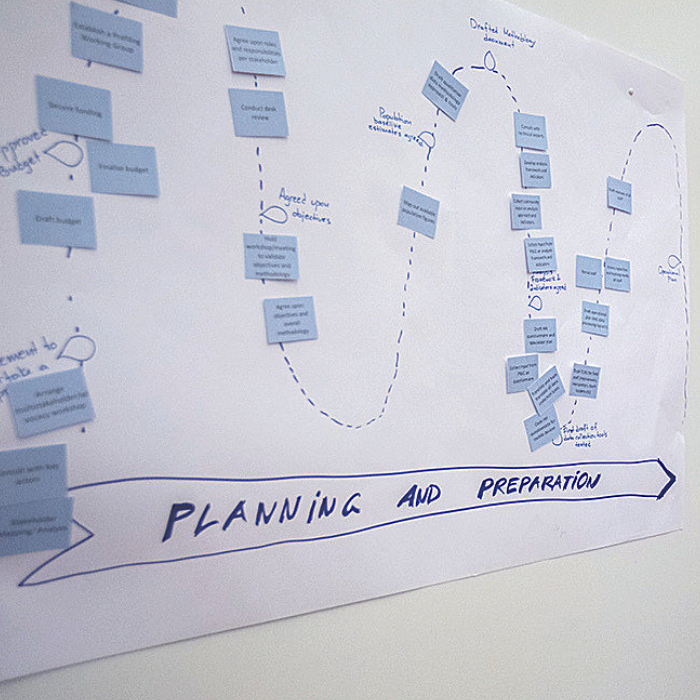Simply stated, profiling is a collaborative process for analysing displacement situations. This entails gathering information on populations affected by displacement, including local populations.
We emphasise the collaborative process because this is what makes profiling unique; it establishes a collaborative platform early on to guide decision-making and to share ownership and responsibility. Partners work together and with affected populations to create an evidence base on the displacement situation. Our experience shows that when different actors including government authorities as well as humanitarian and development actors work together throughout the process, they are more likely to agree on the results. Hence, this can be an important step in establishing a shared understanding of the situation and therefore a starting point for joint and effective responses.
